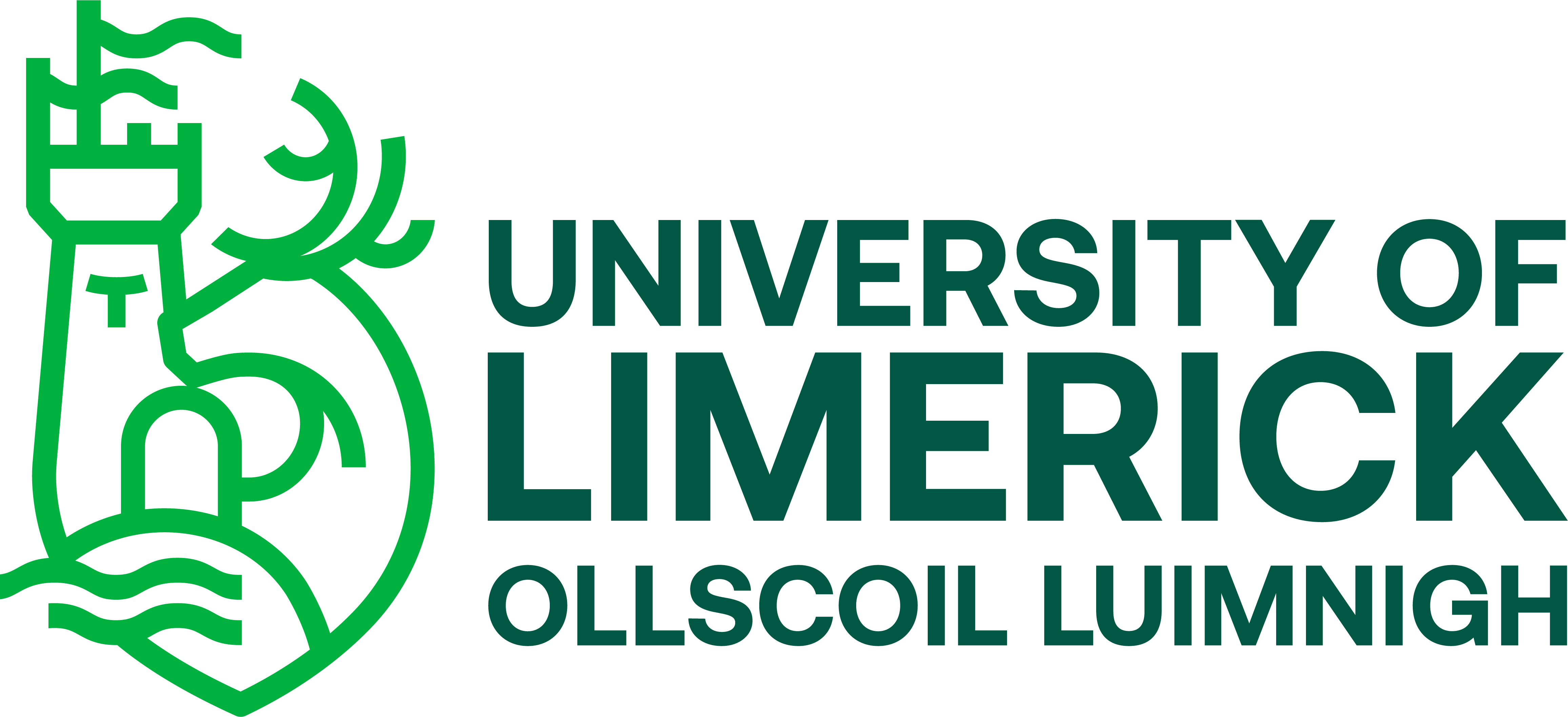University of Limerick leads the way for more sustainable, longer range and faster charging batteries

Sponsored by

Sponsored by

University of Limerick is strategically positioned to be the European focal point for pioneering research in next generation batteries.
AMPEiRE - the National Rechargeable Battery Fabrication and Test Facility that will be a one stop shop for battery development has been launched at UL’s Bernal Institute by Minister of Further and Higher Education, Research, Innovation and Science Patrick O’Donovan TD.
The facility will create materials for more sustainable energy efficient batteries from implantable medical devices, consumer goods, to electric vehicles and beyond.
This infrastructure will enable the manufacture of prototype batteries from single cell and coin cell to pouch cell level, which is crucial infrastructure transforming battery research to battery fabrication while matching industry standard.
Minister O’Donovan said: “Research and innovation have a vital role to play in tackling the sustainability problems facing the world today. There is an increasing demand for more powerful mobile devices and longer-range and faster-charging electric vehicles.
“Our citizens, our education and industry partners and our future generations need and want greener products and services. In alignment with national policies such as the Government’s Research and Innovation Strategy Impact 2030 and our Climate Action Plan, funding infrastructure such as this facility is helping Ireland transition to a sustainable future.”
Professor Kevin M Ryan, Director of Bernal Institute and lead investigator of AMPEiRE said: “This infrastructure is a game changer for battery research in Ireland providing a crucial link between novel research on new chemistries for higher performing batteries in UL and our collaborator institutions and the battery fabrication capability needed to demonstrate this at industry relevant cell formats.
“The facility will allow for greater opportunities for Irish researchers to lead and partner on key European projects in batteries and will support the ever-increasing industrial footprint nationally that revolves around rechargeable batteries from battery pack fabrication through to battery management system chip development and Electric Vehicles.”
UL Vice President Research, Professor Norelee Kennedy added: “This kind of facility will help UL researchers to push the boundaries of fundamental research into battery development. We are focusing on our research strengths to allow us to have a major impact on our society and to address the global challenges we all face.
“There is a strong collaborative and industry focus for the work being carried in the facility, which is a hallmark of UL throughout its history.”
Making a more optimised, efficient energy dense lithium-ion battery requires multiple innovations across all its key components: anode, cathode, and electrolyte. The EU’s demand for Critical Raw Materials (CRM) such as lithium, copper and cobalt which are fundamental materials to current battery technologies and is projected to increase exponentially.
AMPEiRE is poised to deliver new battery prototypes to revolutionise battery manufacture across Europe.
Co-funded by Taighde Éireann - Research Ireland and SEAI (Sustainable Energy Authority of Ireland), the facility will allow simultaneous research on conventional lithium-ion batteries and new frontier energy storage technologies such as Li-S, Li-O2, Al-ion and Na-ion batteries meaning that it is future-proofed with regard to alternative battery chemistry developments.
Dr Ciarán Seoighe, Deputy CEO of Research Ireland said: “Research Ireland is pleased to have been able to support this important initiative under our Research Infrastructure programme. Advances in battery technology will be critical in supporting the green transition.
“The launch of the National Rechargeable Battery Fabrication and Test Facility that spans the full range from fundamental to applied research, will help spearhead pioneering research in next generation batteries, creating transformative collaborations and making Ireland an attractive location for the recruitment of world-leading scientists and engineers.”
Kerrie Sheehan, Head of Research and Technology at SEAI added: “SEAI is delighted to collaborate with SFI in supporting the ‘National Rechargeable Battery Fabrication and Test Facility’ at the Bernal Institute in University of Limerick. Rechargeable battery technology is vital in enabling advancements in renewable energy as well as reducing emissions and waste.
“Research carried out will contribute to the transformation of Ireland into a society based on sustainable energy structures, technologies and practices.”
The facility's state-of-the-art in-line characterisation capabilities of novel battery materials will deliver unprecedented data accelerating battery development. By combining electrode fabrication, cell assembly, testing and state of the art materials characterisation in one location, it will address a significant gap in national resources and will give leading capability in battery research that is competitive at international level.
UL researchers in the Bernal Institute are addressing the Energy global challenge and aligned to the UN sustainable Development Goals for sustainable cities and communities, affordable and clean energy, climate action and responsible consumption and production. Society and Technologies demand for more powerful mobile devices with longer range and market need for convenience of faster charging for electric vehicles has placed lithium-ion battery research and development as one of the most critical challenges to be solved.
This new infrastructure will allow the existing National expertise in materials science to be brought to the next level by enabling battery prototyping at this scale. This will inherently foster a greater opportunity for collaboration with industries looking to access next generation talent, research, technology, and capability.
Curious about UL research, check out ul.ie/research